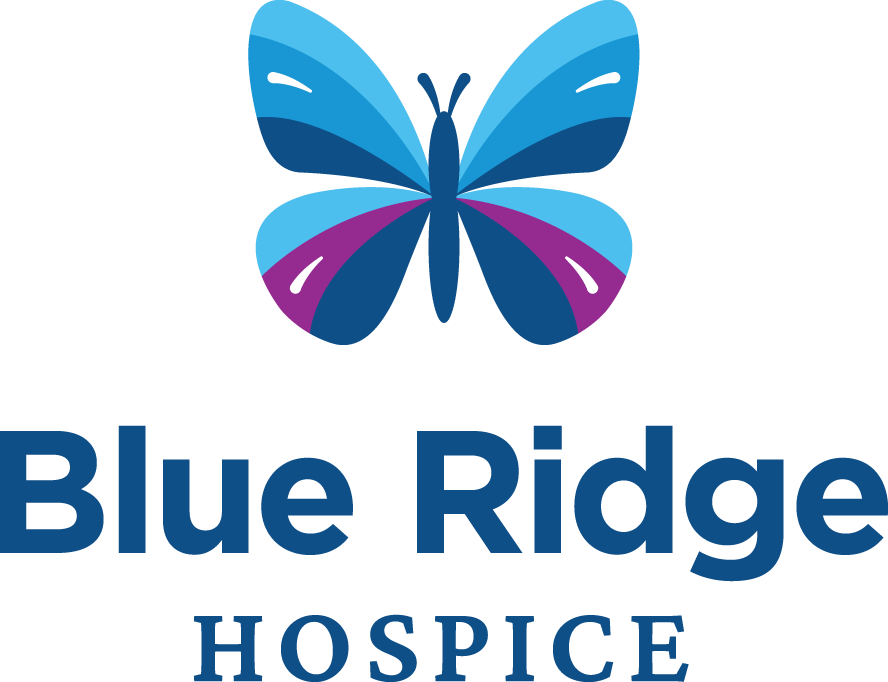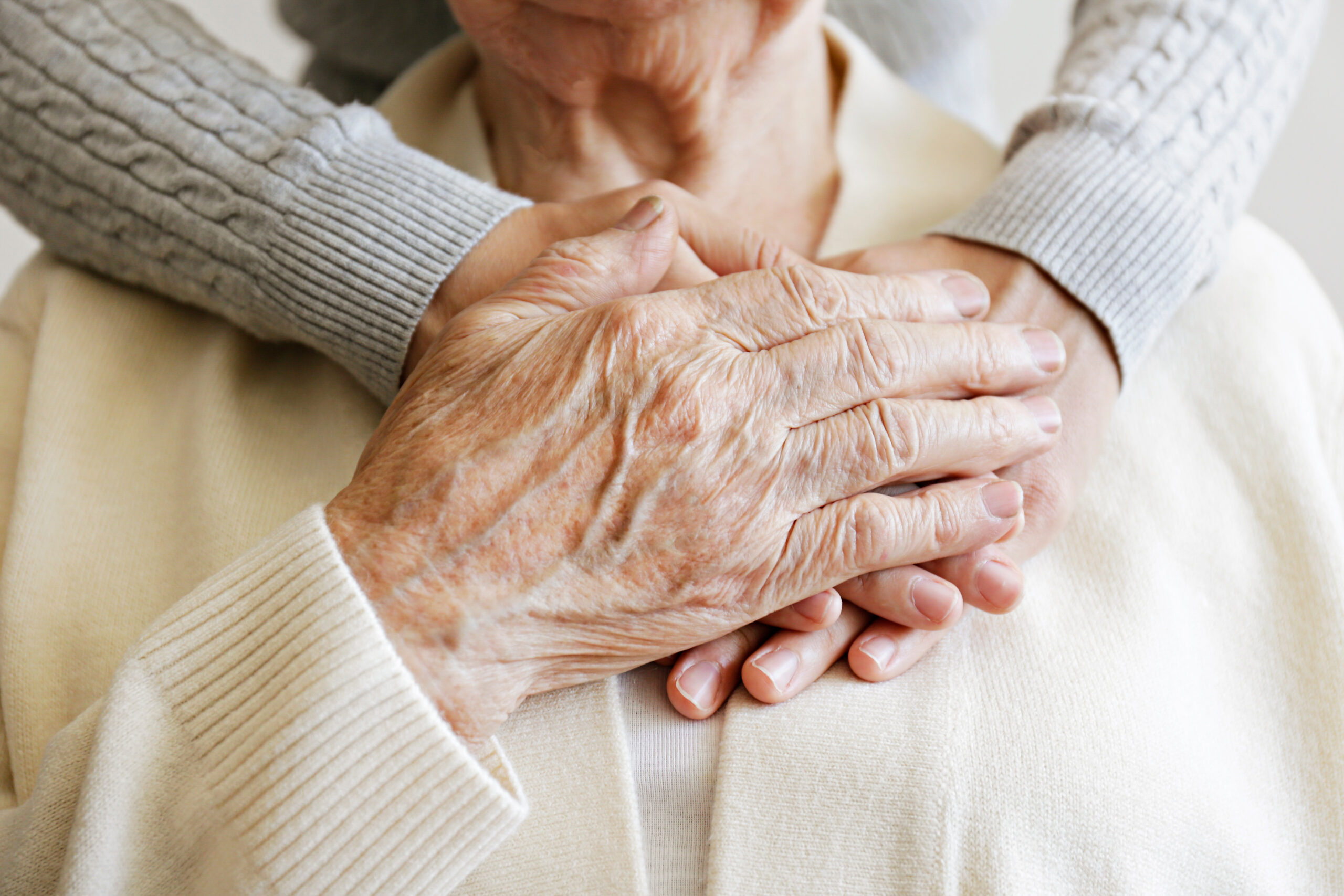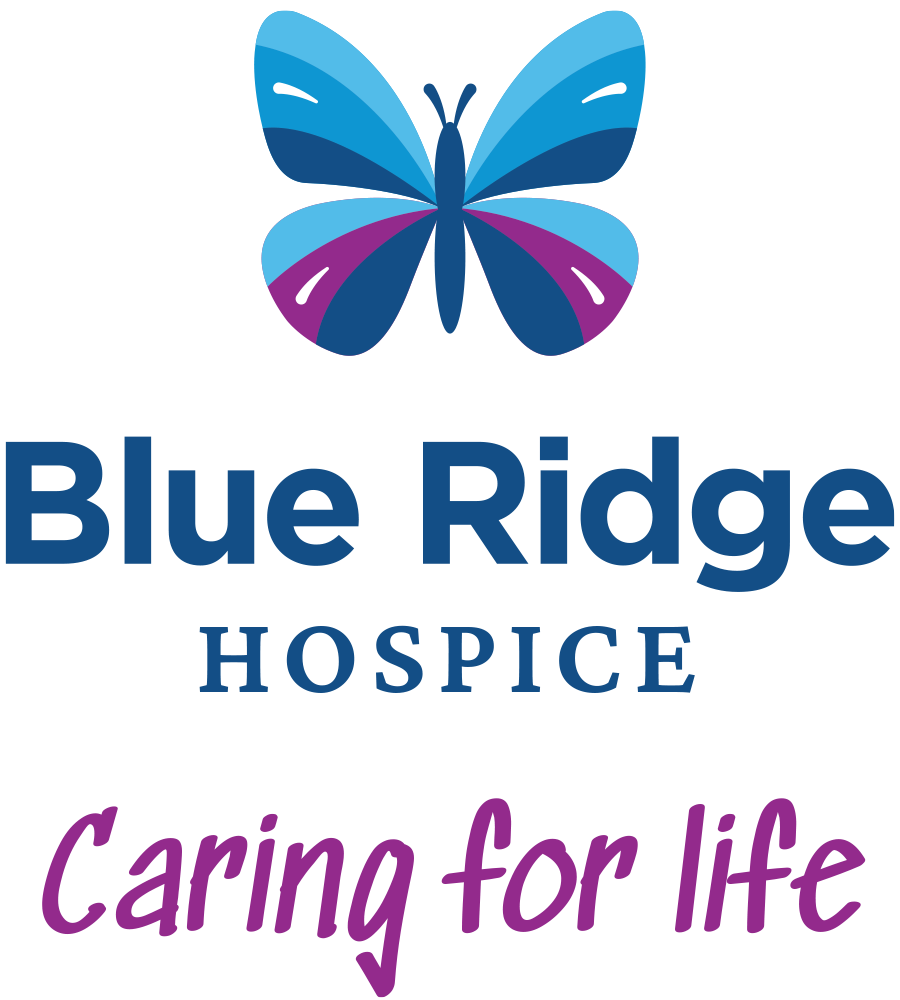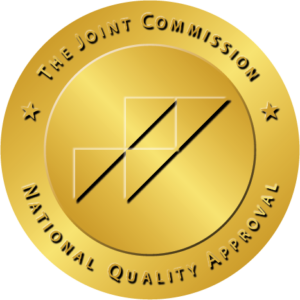It has been a year since Former President Jimmy Carter announced he was entering hospice care. His wife, Rosalynn Carter, died in November after receiving hospice care services for only a few days.
In the face of difficult times for their family, Jimmy and Rosalynn Carter seem to be intentionally shedding light on the often-misunderstood realm of end-of-life care, and in a final act of public service have become national ambassadors for hospice care. Their journeys have not only showcased the diverse paths one may take within this service, but they have also ignited a crucial conversation about the importance of public awareness surrounding hospice. Their willingness to share their journey serves as an invaluable educational tool, breaking down misconceptions that may hinder individuals and families from seeking the care they need.
“Each patient’s journey is unique and deeply personal, shaped by their needs, circumstances, and the choices they make together with their families about the goals of care they wish to pursue.”
Hospice journeys vary in length for a variety of reasons, and sometimes a patient’s path may even involve moments of discharge and reentry into hospice care. It’s a reflection of the intricate nature of prognostication – even the most seasoned medical experts can’t predict what one’s end-of-life journey will be without some degree of uncertainty. Unfortunately, hospice services are often not introduced until late in a person’s illness, leaving a very limited window for comprehensive intervention.
The challenge lies in the fundamental distinction between curative medicine and end-of-life care focused on pain and symptom management with a goal of providing comfort and maximizing quality of life – hospice. Medical professionals are inherently focused on treating and curing illnesses, but when serious illness is determined to be life-limiting, hospice care providers can be consulted and involved in an individual’s care.
The sooner this happens, the better.
Patients and families are often hesitant to consider end-of-life care as well. Unfamiliarity with hospice and pervasive misconceptions about what hospice care entails, leave people misinformed and fearful that entering hospice means they or their loved one will die sooner. In reality, hospice services often have an overwhelmingly positive impact on the patient’s overall well-being and longevity. Studies even indicate that individuals receiving hospice support can live longer compared to those receiving other forms of care.
At Blue Ridge Hospice, we see it every day – our interdisciplinary team of dedicated and compassionate experts provides relief and comfort to patients and helps alleviate the family’s burden of caring for their dying loved one.
“Hospice makes it possible for patients and families to spend their remaining time together as quality time, unburdened by the stress of coordinating care and ensuring their loved one receives the care they need and deserve.”
At Blue Ridge, we know that a broader range of care and services is needed to meet the evolving needs of the community we serve. By expanding our services to provide Palliative Care Services (comprehensive pain and symptom management care and support for individuals living with advanced illness, but not eligible for hospice care) and the development of a Program of All-Inclusive Care for the Elderly (PACE) to assist seniors in our community, Blue Ridge is building a continuum of care that leaves no one behind. We are committed to filling the gap that exists between being diagnosed with a serious illness or the onset of aging and being eligible for hospice care. Everyone should have access to high-quality, specialized expert care at every stage in life and at the appropriate time.
Education is vital to empower patients and families to make informed decisions about their end-of-life care.
The sincere transparency of the Carter family, offering the world a glimpse into the intricate emotions, decisions, and experiences that define end-of-life care, is fostering a more open and understanding conversation about hospice. After a lifetime of service, Jimmy Carter’s willingness to lead by example serves as one last impactful contribution to our society. Many hospice care providers and experts across the nation, myself included, are grateful to Jimmy Carter and his family for enhancing the understanding and compassion surrounding this fundamental and inevitable dimension of life.






